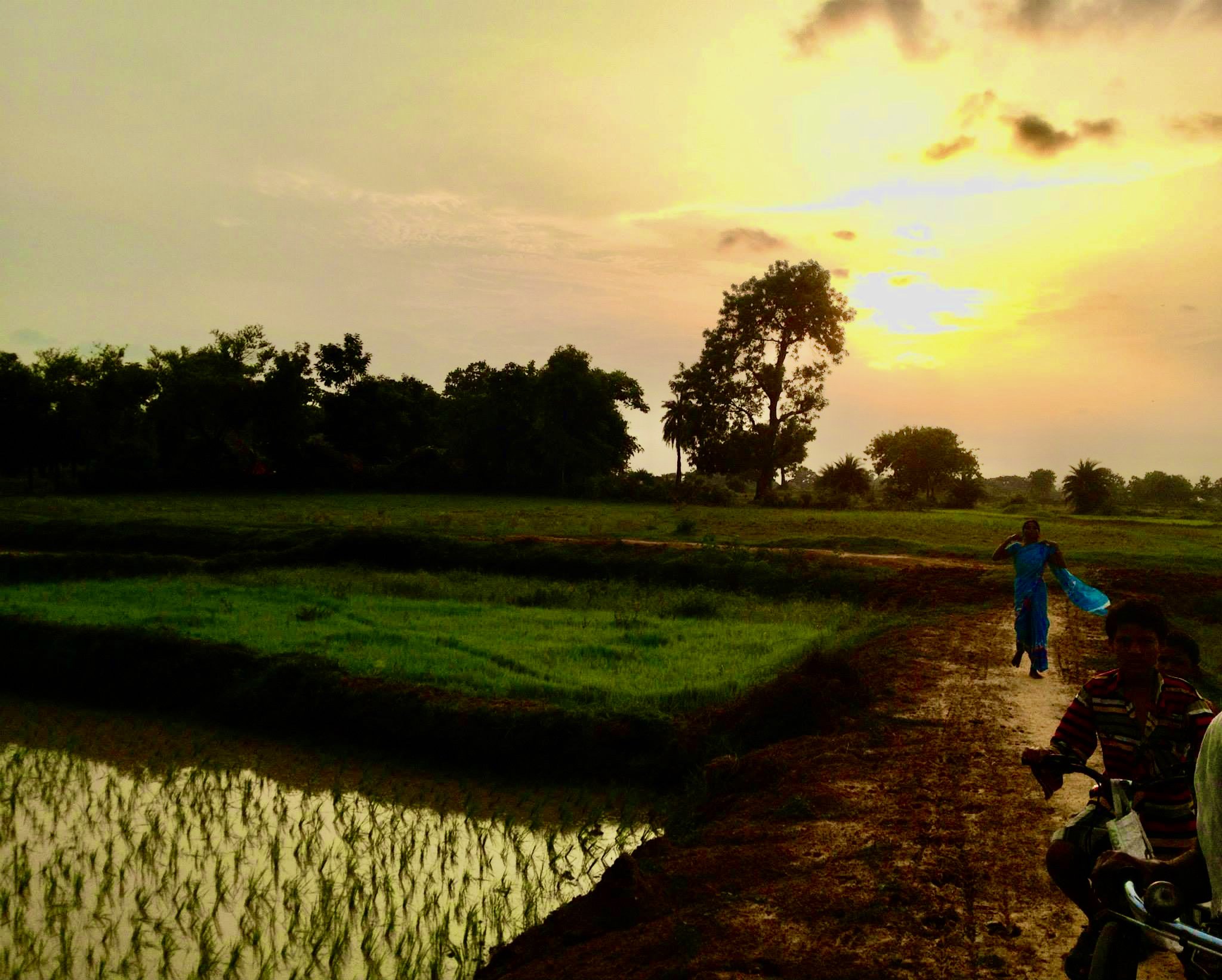
ENVIRONMENTAL HEALTH CERTIFICATE
Module 18: Innovations in Forest Conservation
Case Study 1: Forest Trends, Imazon, and Telepak(1)
In 2010, The Skoll Foundation invested in Forest Trends, Imazon and Telapak, three organizations that protect against deforestation. These organizations are working to combat climate change through innovative efforts, especially through the preservation of tropical forests in the Amazon, Indonesia, and other locations.
After witnessing firsthand the degradation of natural ecosystems in Haiti and Brazil, Michael Jenkins founded Forest Trends to highlight the market value of natural ecosystems, and to promote their conservation. The organization promotes the application of “payments for ecosystem services”. This is quickly becoming a powerful conservation tool for forests and other natural ecosystems.
Imazon was developed by Adalberto Verissimo and Carlos Souza Jr, who are leaders in rainforest conservation. In 2008, the Brazilian government launched a new policy to control illegal deforestation. This policy prevented deforestation in “hot spot” areas that were identified by Imazon, using technical mapping and satellite imagery. Imazon has also partnered with various public prosecutors’ offices to monitor deforestation and to enforce conservation laws for 75 million hectares of conservation areas.
Telepak leads efforts to prevent illegal logging in Indonesia, and the organization promotes community-based logging. The organization began as a pioneer in reporting illegal logging activity in Indonesian national parks. The organization raised awareness of the issue domestically and internationally. In 2006, Telepak created community-based sustainable resource management. It is the first organization in Southeast Asia to help achieve group forestry certification for logging cooperatives. This model is being transferred nationally, with the goal of helping local communities and eventually managing millions of hectares of forest across Indonesia.
Case Study 2: Gaia Amazonas (2)
Gaia Amazonas Foundation is a Colombian non-profit that consolidates the conservation of the Amazon forests and environment to the Amazon indigenous peoples. The organization wishes to return the administration and conservations of these lands to the people in accordance to rights given in international agreements, the Columbian Constitution, and in government policies. Gaia works to protect 30 million hectares of Amazon forest across indigenous lands and protected areas, in partnership with the National Natural Parks. Gaia Amazonas has obtained many concrete results that provide a model for Amazon forest conservation and exercising of indigenous rights. Some results include:
Establishment of indigenous resguardos which monitor over 24 million hectares that are owned and safeguarded by 60,000 indigenous people
Creation of 17 associations of Traditional Indigenous Authorities that allow the people to conserve the land based on their cultures
Development of educational programs for indigenous youth to learn the traditional knowledge about their territory, health, education and natural resources
Gaia Amazonas accomplishes this through agreements and partnerships with local authorities. The organization provides technical and financial support to the indigenous people as they define, develop, and implement their own initiatives. Field officers provide advice and training in concepts that are often used in the developed world and that are contextually appropriate, facilitating the exchange of experiences between indigenous people, and generating spaces for dialogue between the people and the state. Gaia Amazonas also provides advice to the government for the development of effective indigenous legislation, promotes laws that respond to local contexts, and enables the exchange of experience and information between communities. Today, as a result of the efforts of Gaia Amazonas, Colombia has the largest continuous indigenous territory in the world, with 26 million hectares of Amazon forest legally recognized as Indigenous territories.
Case Study 3: The Amazon Conservation Team (ACT)(3)
The Amazon Conservation Team (ACT) is a nonprofit team of conservation professionals that is supported by individuals, private foundations, and government grants. ACT aims to protect and preserve the biodiversity, health, and culture in Amazonia through partnership with the indigenous communities. ACT carries out ethnographic mapping that covers 80 million acres across the Suriname-Brazil border region and maps territorial boundaries, resources, and sites of spiritual significance. Mapping is an important component in biocultural conservation. ACT helped to create long-term sustainable management plans for the indigenous people of the western Brazilian Amazon. These plans have taught indigenous people how to manage land, and how to use assessments and information to draft, publish and execute their land management projects. Once management plans are in place, indigenous partners are trained in institutional operations, project development, computing, and other essential skills for proper administration managing of the lands. ACT works with the people to develop plans for sustainable traditional agriculture and income generation programs. Today, ACT works with over 50 tribal communities in Colombia, Suriname, and Brazil and 2.4 million acres of forest are under sustainable local management.
Case Study 4: New Leaf Products(4)
New Leaf Paper is a leading producer of environmentally friendly stationary products. The company distributes environmentally superior printing and office papers that compete aesthetically and economically with leading virgin-fiber products. New Leaf sources their fibers in the least environmentally harmful way, chooses paper mills that incorporate the most sustainable design principles, and helps customers communicate their environmental commitment through the New Leaf Paper Eco Audit. New Leaf Paper has been widely recognized for its leadership in environmental design. Some of their awards include the 2009 Sustainable Business Institute ‘Seal of Sustainability’, the 2009 EPA Green Power Partnership Top 20, and the 2005 Green Business Award on the UN World Environment Day. Some ‘firsts’ include the company's creation of the “New Leaf Sakura”, the first silk coated paper in the U.S. with 100% de-inked recycled and 50% PCW and PCF, as well as the “New Leaf Primavera”, the first high-end gloss coated paper with 40% PCW and PCF.
Footnotes
(1) “Skoll Foundation Announces New Investments in Leading Global Innovators.” Philanthropy News Digest. (3 April 2010) https://www.philanthropynewsdigest.org/news/2010-skoll-awards-for-social-entrepreneurship-announced.
(2) Skoll Foundation. “Gaia Amazonas.” http://skoll.org/organization/gaia-amazonas/.
(3) “The Amazon Conservation Team.” http://www.amazonteam.org/.
(4) “New Leaf Paper.” http://newleafpaper.com/.
